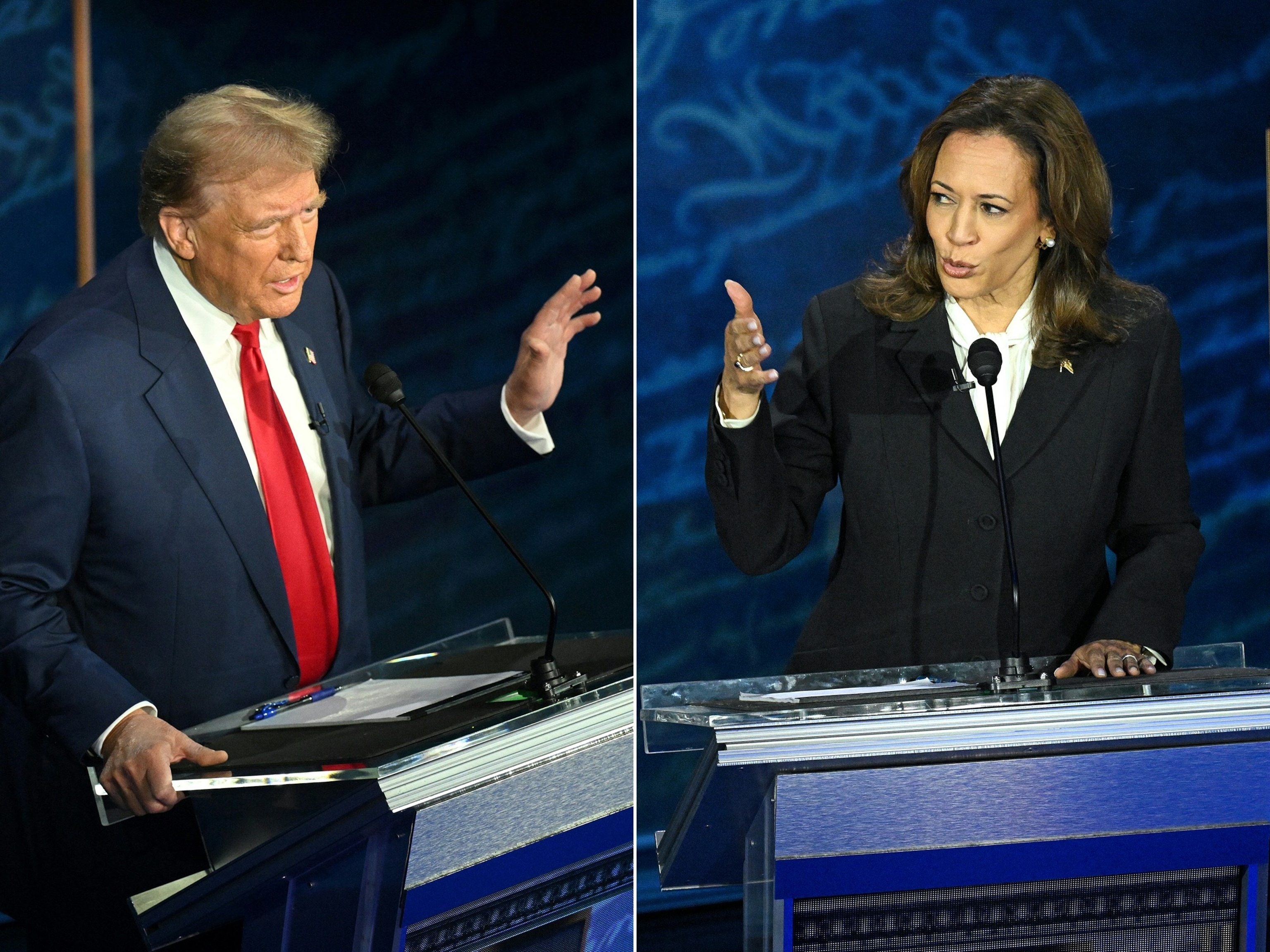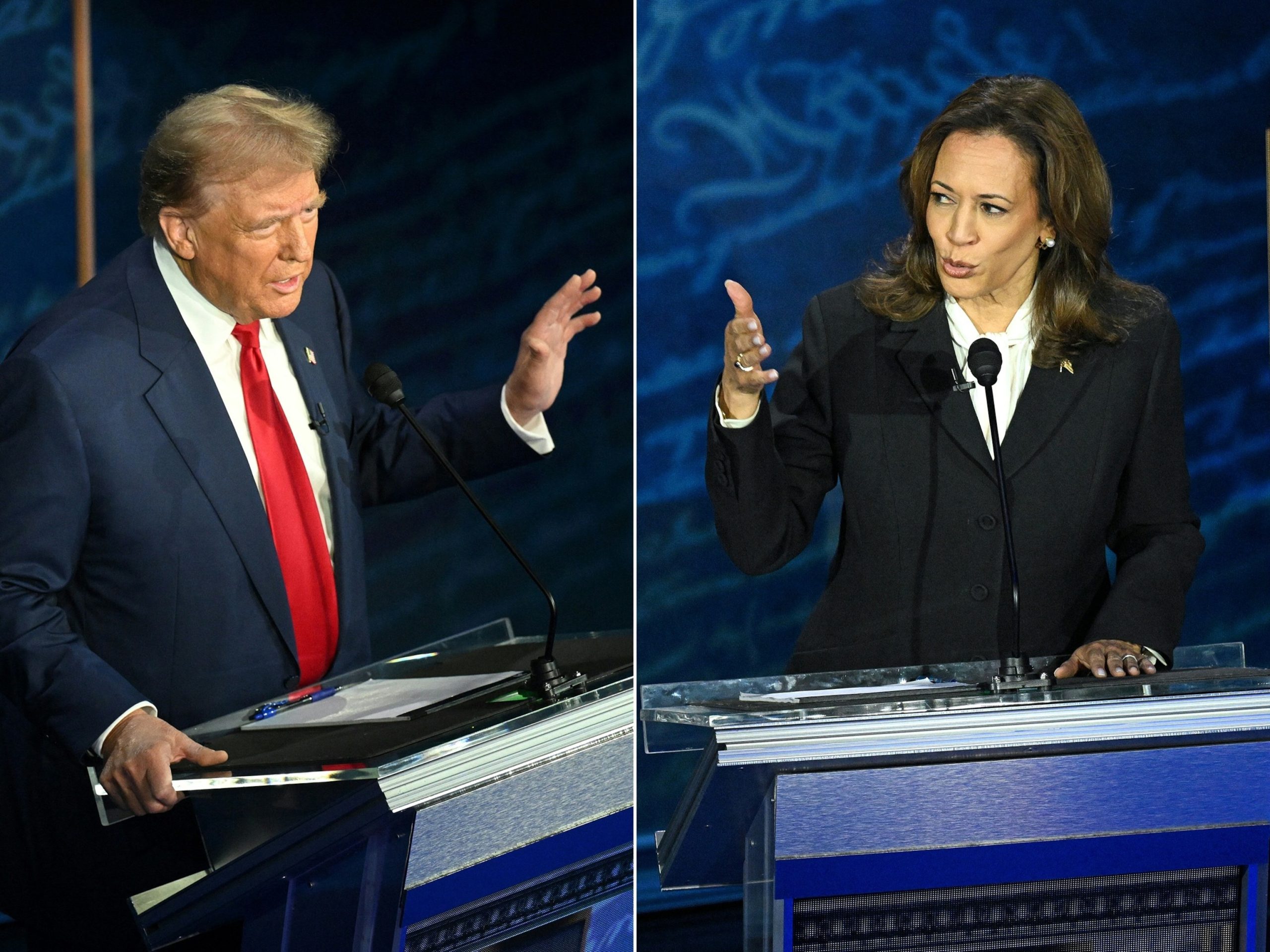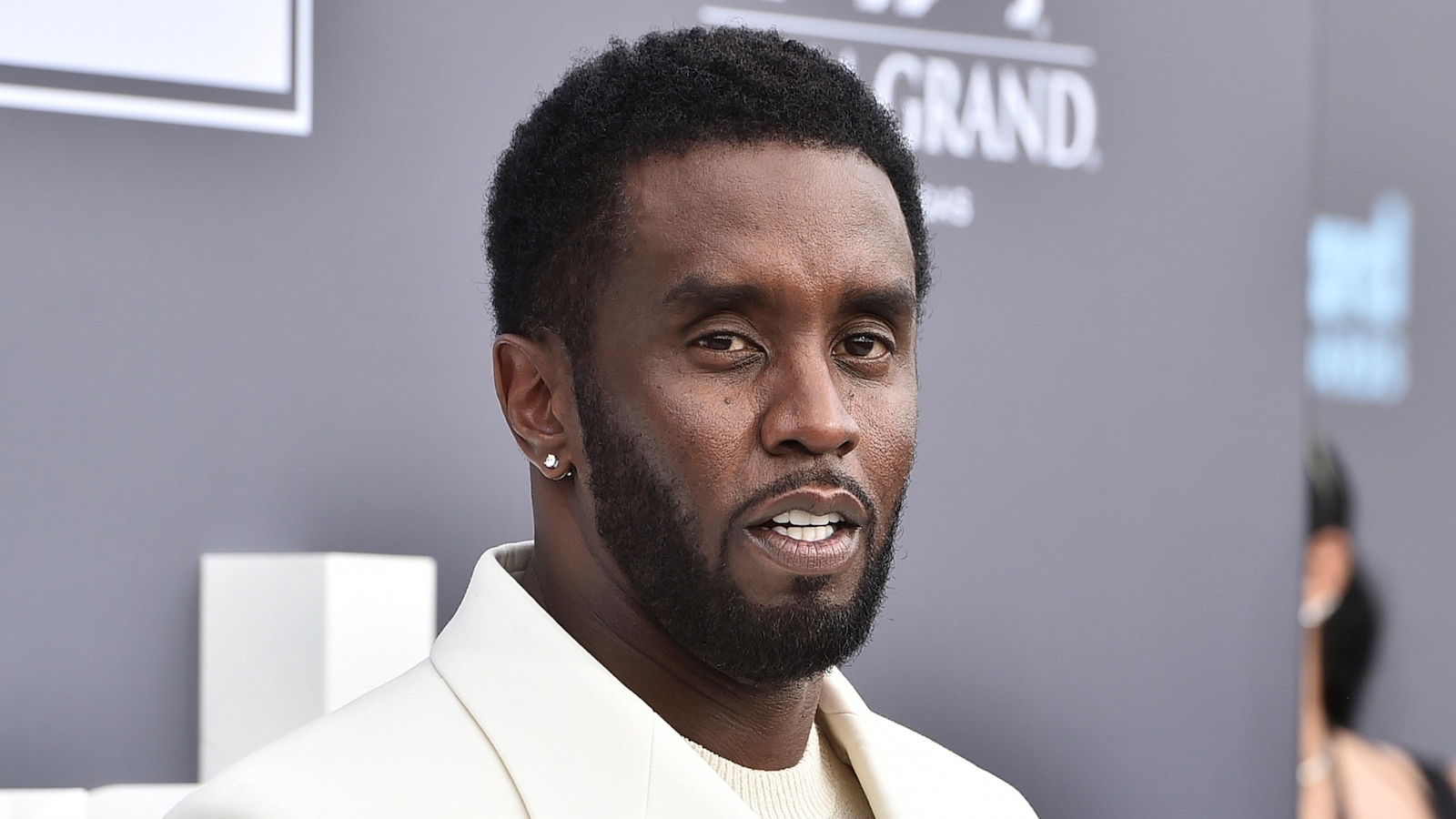Vice President Kamala Harris and former President Donald Trump presented different visions for the future of abortion rights during their presidential debate Tuesday. A back-and-forth between the candidates ended with Harris saying the government shouldn’t be deciding what women do with their bodies, but that is what Trump wants — a claim he denied.
Harris promised to sign a bill that reinstates protections for abortion rights that existed under Roe v. Wade if it reaches her desk as president while Trump would not commit to vetoing a national abortion ban if it comes to his desk.
During the debate, Trump — who claimed he wouldn’t have to veto a national ban — said he believes in exceptions for abortions in cases of rape, incest and to protect the life of the mother.
“There’s no reason to sign a ban because we have gotten what everyone wanted,” Trump said, referring to leaving the regulation of abortion up to state governments.
Harris had falsely asserted that Trump supported a national abortion ban.
At least 22 states have abortion bans or restrictions in effect since the U.S. Supreme Court overturned Roe — ending federal protections for abortion rights. Of those states, 14 have ceased nearly all abortion services and four have six-week bans in effect, prohibiting abortion care before most women know they are pregnant.

Former President Donald Trump and Vice President Kamala Harris participate in a presidential debate in Philadelphia, Sept. 10, 2024.
Saul Loeb/AFP via Getty Images
Three of the five U.S. Supreme Court justices who voted to overturn Roe were appointed by Trump when he was president.
Ten states will have reproductive rights-related questions on the ballot this November, nine of which specifically address abortion.
Voters in all six states that have had abortion questions on the ballot since Roe was overturned have voted to uphold abortion rights.
During the debate, Trump also falsely claimed that some states allow for the killing of an infant after birth. Killing a baby after birth is illegal in all 50 states.
Most states that allow abortions do so until fetal viability. But, there are no gestational limits on abortion in 9 states — including Colorado, New Jersey, New Mexico, Oregon, Vermont and Gov. Tim Walz’s state of Minnesota — and Washington, DC.
Advocates for abortion rights say the absence of legal consequences after fetal liability doesn’t mean doctors will try to terminate full-term, healthy pregnancies. In fact, access to third-trimester procedures is limited, costly and medically complex — typically done only when a woman’s life is threatened or the fetus isn’t expected to survive.
Many Democrats say they want to pass legislation that would codify the 1973 Supreme Court decision Roe vs Wade, which protects abortion rights up until viability.
President Donald Trump’s stance on vetoing a national abortion ban remains uncertain as he faces off against Democratic vice presidential nominee Kamala Harris in a heated debate. The issue of abortion has long been a contentious one in American politics, with both sides of the debate fiercely advocating for their beliefs.
During the debate, Harris pressed Trump on his position regarding a potential national abortion ban, questioning whether he would support such legislation if it were to come across his desk. Trump, known for his conservative views on social issues, has previously expressed his opposition to abortion and has appointed several conservative justices to the Supreme Court in the hopes of overturning Roe v. Wade.
However, Trump’s response to Harris’s question was vague and non-committal, leaving many wondering where he truly stands on the issue. Some speculate that Trump may be hesitant to openly support a national abortion ban due to the potential backlash from women voters, who make up a significant portion of the electorate.
On the other hand, Harris has been a vocal advocate for reproductive rights and has made it clear that she believes in a woman’s right to choose. She has criticized Trump for his anti-abortion policies and has vowed to protect and expand access to abortion services if elected.
The debate over abortion is likely to continue to be a major point of contention in the upcoming election, with both candidates appealing to their respective bases on the issue. Trump’s uncertain stance on vetoing a national abortion ban only adds to the uncertainty surrounding his presidency and leaves many wondering what his true intentions are when it comes to reproductive rights.
As the election draws nearer, voters will have to carefully consider where each candidate stands on this important issue and how it aligns with their own beliefs and values. The outcome of the election could have far-reaching implications for the future of abortion rights in America, making it a crucial issue for voters to consider when casting their ballots.



